Promoting the role of Physics in research, education, industry and the community
 Cognates
Cognates
Australasian College of Physical Scientists and Engineers in Medicine (ACPSEM)
Australasian Radiation Protection Society (ARPS)
Australasian Society for General Relativity and Gravitation (ASGRG)
Australian Acoustical Society (AAS)
Australian and New Zealand Optical Society (ANZOS)
Astronomical Society of Australia (ASA)
Australian Society of Rheology (ASR)
The Australian and New Zealand Association of Mathematical Physics (ANZAMP)
The Victorian Physics Teachers Network (VicPhys)
Royal Australian Chemical Institute (RACI)
Vacuum Society of Australia (VSA)
 Site Navigation
Site Navigation
NEWS
The AIP monthly bulletin reaches over 4000 scientists, future scientists, and stakeholders.
Subscribe to the AIP bulletin here. To provide physics news, please email physics@scienceinpublic.com.au. To advertise in the bulletin, see our Jobs page.
News Archive:
Previous AIP bulletins can be found here.
Current News:
CONTACT INFORMATION Mail Address ACKNOWLEDGEMENT OF COUNTRY
| Upcoming events
|

